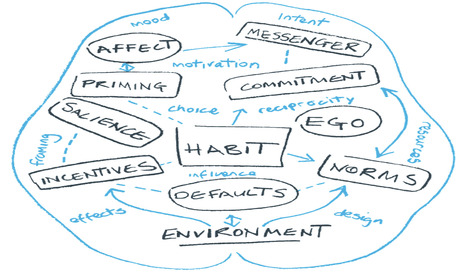Over many years public health has developed impressive data-gathering systems related to mortality, morbidity, and health sector utilization. However, we have invested much less time and effort in developing methodologies to generate deep understanding of the wants, fears, needs, motivations, and barriers people face that either enhance or detract from their ability to live healthy lives.
In short, we are fantastic at counting the sick and the dead but much less adept at understanding the living. The fundamental shift from an approach through which solutions are derived principally by public health specialists and policy experts utilizing limited forms of evidence and data towards a more inclusive model that is also influenced by a deep contextual understanding of what target audiences know, believe, value, and say will help them. A more inclusive model supported by a deep understanding of the science, methodologies, and technologies could be applied to develop deliver and evaluate more successful public health programmes.
This fundamental shift includes the coordinated use of all forms of intervention that will help and enable people to adopt and sustain health behaviours to prevent disease, promote wellness, and reduce the impact of both infectious and chronic diseases. Social marketing’s focus on measurable returns on investment and respectful co-production of solutions with citizens is an approach that many governments and public health organizations are trying to bring about. Social marketing (read this freely available chapter) is also attractive to governments and public health organizations because of its emphasis on deep citizen insight and population segmentation, enabling the development of interventions that can respond to a broad diversity of needs of specific subgroups within increasingly diverse communities in many countries.
Via
Giuseppe Fattori



 Your new post is loading...
Your new post is loading...








